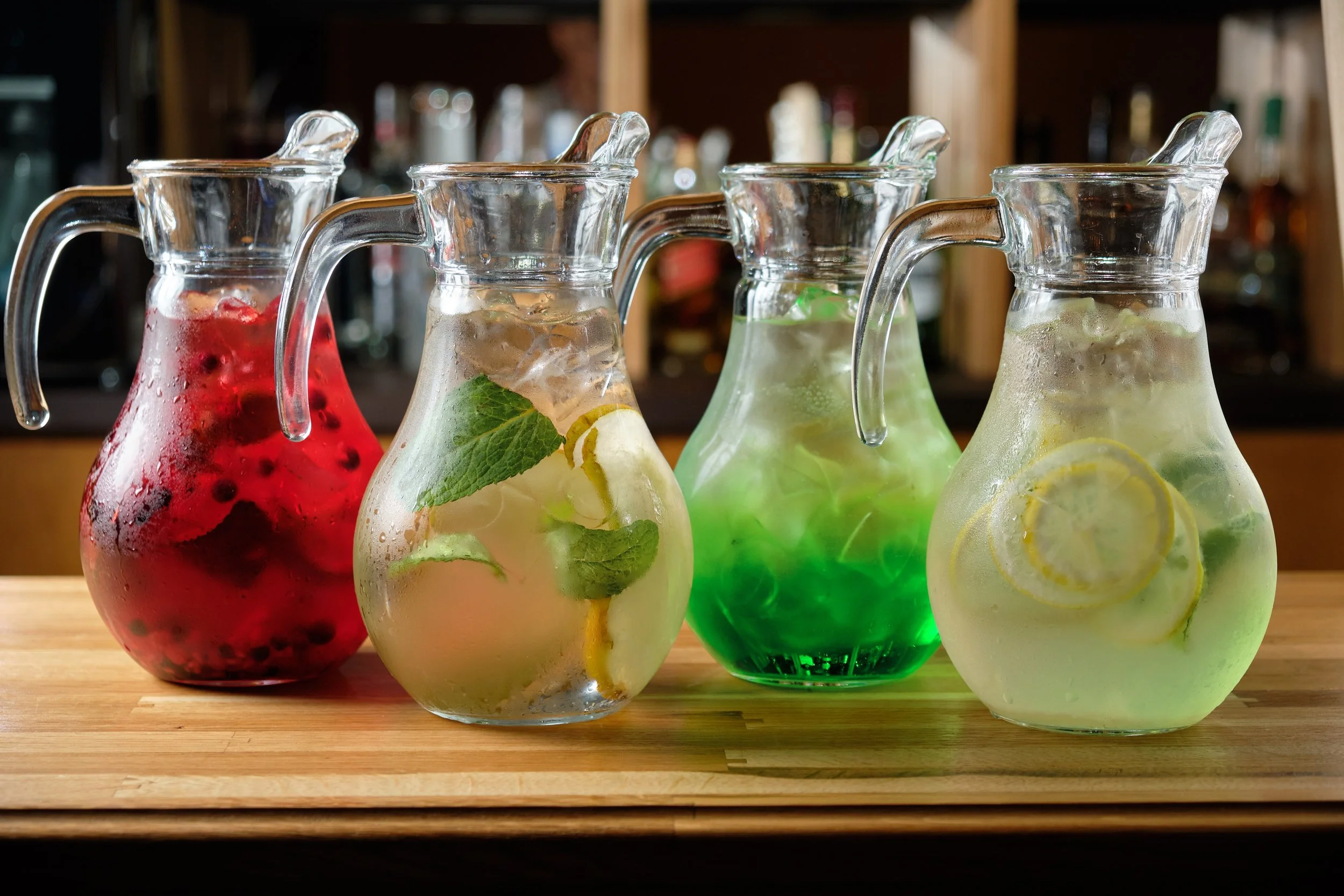Simple, Expert Tips to Drink Less and Live Well
We spoke to Alcohol Reduction Expert and Clinical Hypnotherapist Tansy Forrest about how to drink less and live well.
For many of us, alcohol is woven into our social lives, celebrations, or simply how we “unwind” after a stressful day. Yet drinking too much can leave us feeling sluggish, anxious, and disconnected from ourselves and others. The good news? You don’t need to quit altogether to make a real difference. With the right tools, mindset, and small daily actions, you can drink less, feel better, and live well.
In my book Ten Steps to Drink Less and Live Well, I share a proven method to help people cut down without shame or stress. Here are some of the most effective, easy-to-implement strategies you can start using right away.
1. Get Clear on Your “Why”
Lasting change starts with reconnecting to what matters most. Ask yourself: Why do I want to drink less? Perhaps it’s to sleep better, protect your health, save money, or be more present with loved ones. When you align your choices with your values — family, health, career, or self-respect — it becomes much easier to resist short-term urges.
2. Spot Your Triggers
Alcohol often sneaks in during certain moods or situations: stress after work, Friday nights with certain friends, or loneliness at home. Take a week to observe when and why you drink more than you’d like. Then plan alternatives: a gym class on Friday evenings, cooking a nourishing meal, or inviting a friend for brunch instead of drinks.
3. Set Simple Limits
Research shows that most of the “good effects” of alcohol — relaxation, sociability — occur within the first one to three drinks. After that, the negatives (poor sleep, low mood, regret) outweigh the positives. Try setting a personal limit: perhaps two glasses of wine on no more than three nights per week. Write it down, track your progress, and celebrate your wins.
4. Take Regular Breaks
One of the most powerful ways to reset your relationship with alcohol is to take a break. A month alcohol-free gives your body and mind time to restore balance, lowers your tolerance, and helps you discover new ways to relax and enjoy life. Even shorter breaks — a few days each week — can have big benefits.
5. Plan Ahead for Social Events
Parties, weddings, or after-work drinks can be tricky. Before you go, decide what and how much you’ll drink. Eat beforehand, pace yourself with water or alcohol-free options, and keep tomorrow in mind. Some people also plan “special ticket events” — a few occasions per year where they might drink a little more, balanced with stricter limits the rest of the time.
6. Try Alternatives You Enjoy
The alcohol-free drinks market has exploded, offering 0.5% beers, sparkling botanical blends, and elegant mocktails that look and taste great. Bringing your own alternatives to gatherings means you won’t feel deprived — and most friends won’t even notice the switch.
7. Build in Rewards
Cutting down isn’t about deprivation, but about living more fully. Choose non-drinking rewards that excite you: saving the money you’d normally spend on wine for a spa treatment, a weekend away, or a new hobby. Linking progress to positive rewards keeps motivation high.
8. Care for Yourself in Other Ways
Alcohol often becomes a default coping tool for stress, tiredness, or boredom. Instead, create a toolkit of nurturing activities: exercise, time in nature, meditation, reading, creative projects, or connecting with loved ones. Prioritising good sleep is especially transformative — as your rest improves, cravings and anxiety usually decrease too.
9. Learn from Lapses, Don’t Fear Them
Slip-ups happen. The key is not to see them as failure, but as feedback. Ask yourself: What triggered this? What can I do differently next time? Progress, not perfection, is the goal. Each lapse is an opportunity to strengthen your skills and resilience.
10. Imagine Your Healthier Future
Finally, take time to picture the life you’re creating by drinking less. Maybe it’s waking up clear-headed on Saturday mornings, feeling calmer and more energetic, or having deeper relationships. Visualising the future you want helps you stay motivated and reminds you that every small choice matters.
Cutting down on alcohol is not about willpower alone. It’s about building self-awareness, planning ahead, and adding in healthier, more rewarding alternatives. Most importantly, it’s about compassion — for yourself and your journey.
As I remind my clients: focus on progress rather than perfection. Every step you take towards moderation improves your health, confidence, and quality of life. And remember, you don’t have to do it all at once. Start small, experiment, and discover what works best for you.
When you drink less, you don’t just live longer — you live better.
Tansy Forrest



